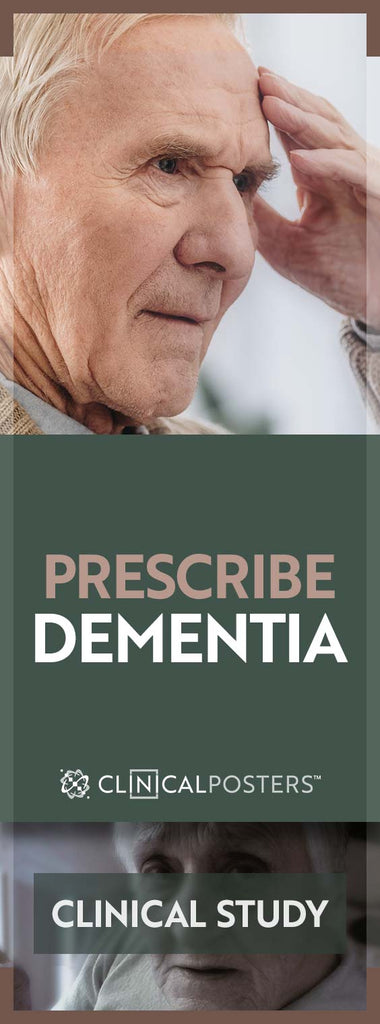An increase in dementia cases may be linked to common prescription medications.
Dementia Risks
Despite promising research, there has been no clearly articulated method of preventing the most common form of dementia—Alzheimer’s disease. Onset is thought to derive from a combination of age, genetics, environment, lifestyle and coexisting medical conditions.
Some risk factors are beyond our control. Others, like high blood pressure and sedentary lifestyle are within our control. There also appears to be a strong link between future risk of Alzheimer’s and serious head trauma, especially when injury involves loss of consciousness. Increase our knowledge of dementia by considering participation in a clinical study.
Ground-Breaking Clinical Study
German researchers studied the association between antiepileptic therapy use and dementia among 20,325 dementia patients between 2004–2011. Another 81,300 patients made up the control group. Long-term and occasional antiepileptic use were differentiated.
Using antieptileptic medications for more than a year was linked to a 15 percent increase of Alzheimer’s among Finnish patients and 30 percent increase of dementia among the German study group. Drugs that specifically impair cognitive function correlate with 20 percent greater risk of Alzheimer’s and a 60 percent risk of dementia.
With valproate showing greatest dementia risk, the most frequently used prescriptions with a dementia link include:
Antiepileptic drugs that did not correlate with an increased dementia risk:
Gabapentin, sold under the brand name Neurontin among others, is a first-line medication used to treat partial seizures, neuropathic pain, hot flashes, and restless legs syndrome. Along with others listed, no connection with dementia was detected within this clinical data. It frequently causes fatigue. Agitation and more serious side effects are common if prescribed dosage is skipped or increased abruptly.
The researchers found no significant increases in dementia risk associated with antihistamines, skeletal muscle relaxants, gastrointestinal antispasmodics, antiarrhythmics, or antimuscarinic bronchodilators. Researchers indicate only an association between neurotransmitter drugs and dementia risk, not a causal relationship.
References
- Alzheimer’s Prevention. alz.org/alzheimers-dementia/research_progress/prevention Retrieved 17 Sep 2020
- Antiepileptic Medications Increase Risk of Alzheimer’s and Dementia, Study Finds. dravetsyndromenews.com/2018/04/19/antiepileptic-medications-increase-risk-alzheimers-dementia-study/ Retrieved 17 Sep 2020
- Gabapentin. en.wikipedia.org/wiki/Gabapentin Retrieved 17 Sep 2020
- Commonly prescribed drugs are tied to nearly 50% higher dementia risk in older adults, study says. cnn.com/2019/06/24/health/dementia-risk-drug-study/index.html Retrieved 17 Sep 2020






 Romance & Health Intertwine. Fall in love with a captivating romance miniseries that explores the essence of well-being. Become a ClinicalNovellas member for heartwarming tales.
Romance & Health Intertwine. Fall in love with a captivating romance miniseries that explores the essence of well-being. Become a ClinicalNovellas member for heartwarming tales.






